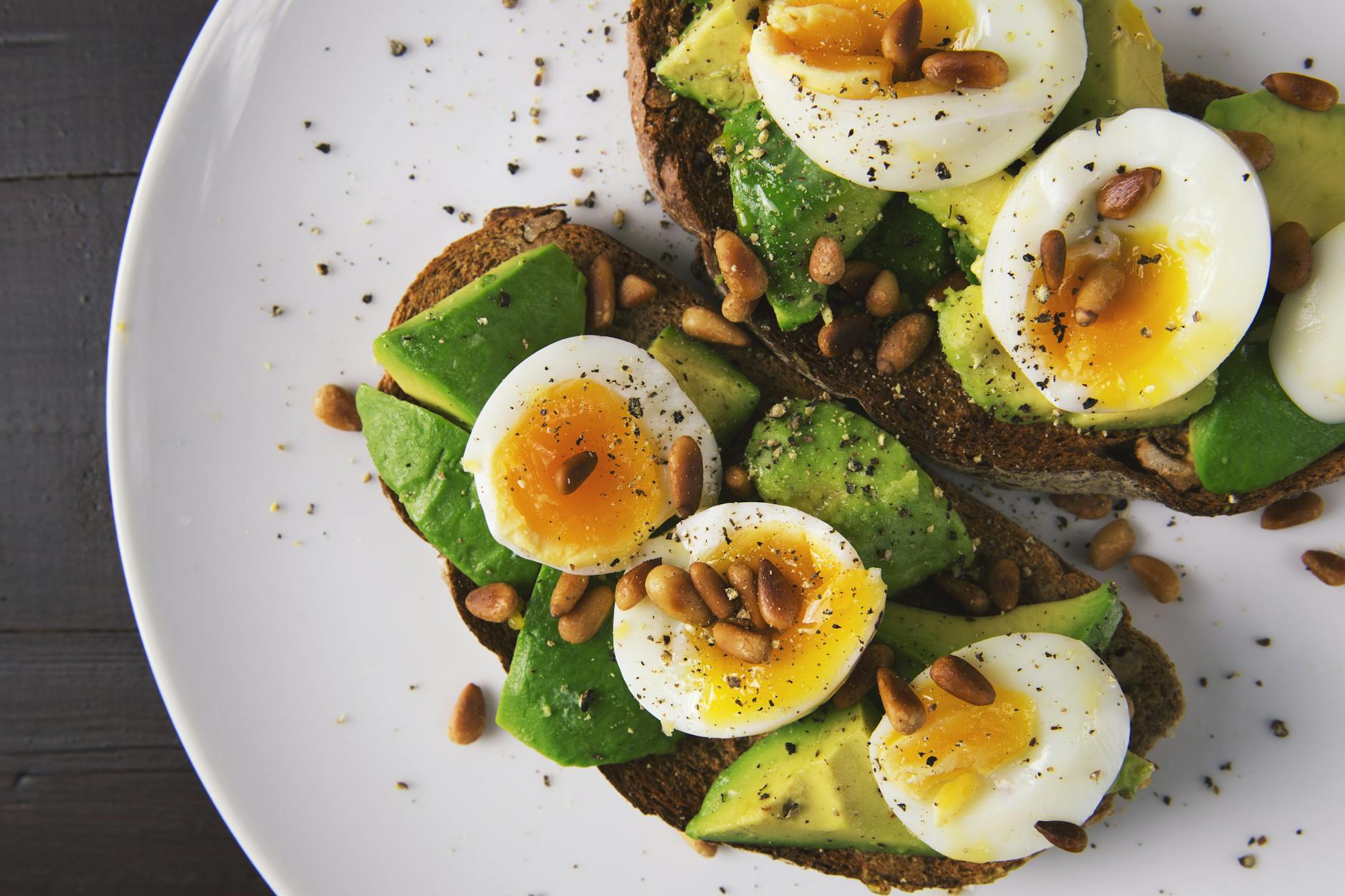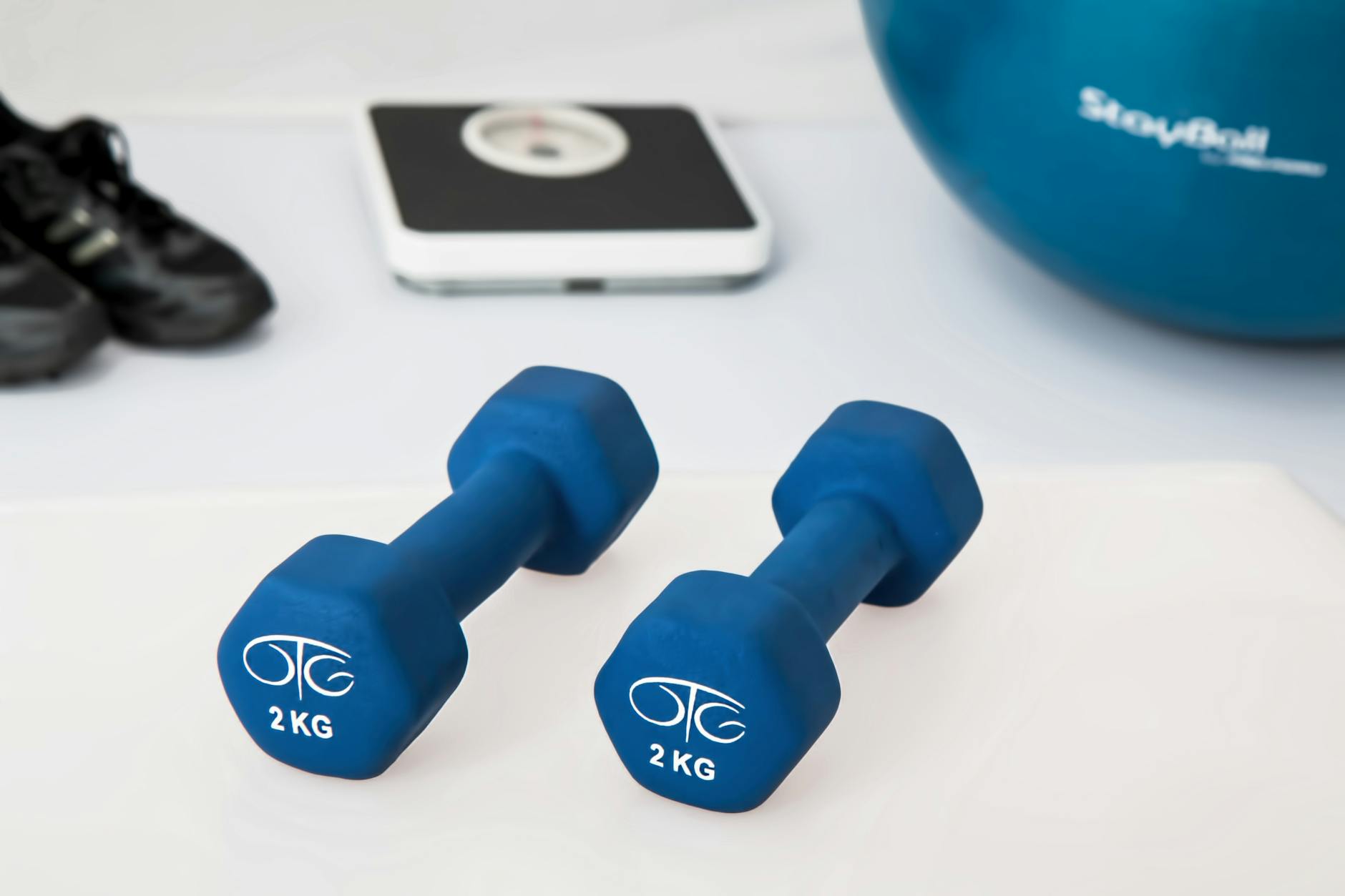
Diet Vs Exercise For Health :
Have you ever found yourself torn between choosing a salad or hitting the gym? You’re not alone. The age-old debate of diet vs. exercise continues to perplex health enthusiasts worldwide. 🥗💪
While both play crucial roles in our well-being, understanding which one holds the key to unlocking optimal health can be a game-changer. Is it the carefully crafted meal plan or the sweat-inducing workout routine that truly makes the difference? As we dive into this intriguing topic, we’ll explore the unique contributions of diet and exercise, compare their impacts, and uncover the surprising synergy between the two.
Join us as we embark on a journey to demystify the diet-exercise connection and help you tailor an approach that best suits your health goals. From understanding diet’s role in health to discovering exercise’s contributions, we’ll equip you with the knowledge to make informed decisions about your wellness journey. Let’s unravel the truth behind which factor plays a bigger role in your path to better health.
Understanding Diet’s Role in Health :

Nutritional foundations for overall wellness
A balanced diet forms the cornerstone of good health, providing essential nutrients that support various bodily functions. Proper nutrition is crucial for:
- Energy production
- Immune system support
- Cellular repair and growth
- Hormone regulation
Impact of diet on weight management
Diet plays a significant role in weight control, often more so than exercise. Here’s why:
- Calorie control is easier through diet
- Certain foods can boost metabolism
- Proper nutrition helps regulate appetite
| Aspect | Diet’s Impact | Exercise’s Impact |
|---|---|---|
| Calorie Control | High | Moderate |
| Metabolism | Moderate | High |
| Appetite Regulation | High | Low |
Dietary effects on chronic disease prevention
A well-balanced diet can significantly reduce the risk of various chronic diseases:
- Heart disease
- Type 2 diabetes
- Certain cancers
- Osteoporosis
Importance of balanced macronutrients
Macronutrients (carbohydrates, proteins, and fats) are essential for optimal health:
- Carbohydrates: Primary energy source
- Proteins: Building blocks for tissues and enzymes
- Fats: Hormone production and nutrient absorption
Balancing these macronutrients is crucial for maintaining overall health and preventing nutritional deficiencies. A diet rich in whole foods, including fruits, vegetables, lean proteins, and healthy fats, provides the necessary nutrients for optimal bodily functions. While exercise is undoubtedly important, a proper diet forms the foundation of good health and disease prevention.
Exercise’s Contribution to Health :

Physical activity and cardiovascular health
Regular physical activity is crucial for maintaining a healthy heart and circulatory system. Exercise strengthens the heart muscle, improves blood flow, and reduces the risk of cardiovascular diseases. Here’s how different types of exercise benefit cardiovascular health:
| Exercise Type | Cardiovascular Benefits |
|---|---|
| Aerobic | Improves heart efficiency, lowers blood pressure |
| Strength | Enhances circulation, reduces heart disease risk |
| HIIT | Boosts heart rate variability, improves endurance |
Strength training for muscle and bone health
Strength training not only builds muscle but also plays a vital role in maintaining bone density. This is especially important as we age, helping to prevent conditions like osteoporosis.
Exercise’s role in mental well-being
Physical activity has a profound impact on mental health:
- Reduces symptoms of anxiety and depression
- Improves mood and self-esteem
- Enhances cognitive function and memory
- Promotes better sleep quality
Boosting metabolism through regular workouts
Consistent exercise helps increase your basal metabolic rate, allowing you to burn more calories even when at rest. This metabolic boost is key for maintaining a healthy weight and energy balance.
Injury prevention and flexibility benefits
Regular exercise, particularly activities that focus on flexibility and balance, can significantly reduce the risk of injuries in daily life. Improved flexibility also contributes to better posture and reduced muscle tension.
Now that we’ve explored the numerous benefits of exercise, let’s examine how it compares to diet in overall health impact.
Comparing Diet and Exercise :

Calorie intake vs. calorie burn
When comparing diet and exercise, it’s crucial to understand the relationship between calorie intake and calorie burn. While both play a role in weight management, they differ in their impact on overall health.
| Aspect | Diet (Calorie Intake) | Exercise (Calorie Burn) |
|---|---|---|
| Control | Easier to manage | Varies based on intensity |
| Precision | More precise | Less precise, estimates vary |
| Impact | Directly affects weight | Affects weight and fitness |
| Time efficiency | Immediate results possible | Gradual results over time |
Diet typically has a more significant impact on weight loss, as it’s easier to cut 500 calories from your diet than to burn 500 calories through exercise. However, exercise offers additional health benefits beyond calorie burn.
Long-term health outcomes
Both diet and exercise contribute to long-term health, but in different ways:
- Diet:
- Influences nutrient intake
- Affects gut health
- Impacts chronic disease risk
- Exercise:
- Improves cardiovascular health
- Enhances muscle strength and flexibility
- Boosts mental health and cognitive function
Ease of implementation and sustainability
Implementing dietary changes can be easier initially, as it doesn’t require dedicated time slots like exercise. However, maintaining a balanced diet long-term can be challenging due to social pressures and food cravings.
Exercise, while requiring more effort to start, can become a sustainable habit through:
- Finding enjoyable activities
- Setting achievable goals
- Incorporating movement into daily routines
Time investment and efficiency
Diet modifications often require less time investment compared to exercise routines. However, exercise offers a more comprehensive approach to health, addressing both physical and mental well-being. The efficiency of each approach depends on individual goals and lifestyles.
Synergistic Effects of Diet and Exercise :

A. Optimal nutrient absorption during physical activity
When combining diet and exercise, your body becomes a more efficient machine for nutrient absorption. During physical activity, blood flow increases throughout your body, including your digestive system. This enhanced circulation allows for better nutrient uptake from the foods you consume.
Here’s how different nutrients are affected:
| Nutrient | Effect during exercise |
|---|---|
| Carbohydrates | Faster absorption for immediate energy |
| Proteins | Improved amino acid delivery to muscles |
| Vitamins | Enhanced distribution throughout the body |
| Minerals | Increased utilization for various bodily functions |
B. Enhanced weight loss through combined efforts
The synergy between diet and exercise creates a powerful weight loss effect. While diet primarily controls calorie intake, exercise increases calorie expenditure. This dual approach leads to a more significant calorie deficit, resulting in faster and more sustainable weight loss.
C. Improved body composition results
When diet and exercise work together, they reshape your body more effectively than either alone:
- Diet provides the necessary nutrients for muscle growth and repair
- Exercise stimulates muscle development and increases metabolism
- Combined, they reduce body fat while preserving or increasing lean muscle mass
D. Boosted energy levels and performance
The synergistic effects of diet and exercise create a positive feedback loop for energy and performance:
- Proper nutrition fuels workouts
- Regular exercise improves metabolic efficiency
- Increased metabolism leads to better nutrient utilization
- Improved nutrient use enhances overall energy levels
- Higher energy levels support more intense and effective workouts
This cycle continually reinforces itself, leading to sustained improvements in both diet adherence and exercise performance. As we’ve seen, the combination of diet and exercise offers benefits far beyond what either can achieve alone. Next, we’ll explore how to tailor this approach to your individual needs and goals.
Tailoring Your Approach :

Personalized diet plans based on health goals
When it comes to tailoring your approach to health, personalized diet plans are crucial. These plans should align with your specific health goals, whether it’s weight loss, muscle gain, or managing a chronic condition. Here’s a breakdown of how diet plans can be customized:
| Health Goal | Dietary Focus |
|---|---|
| Weight Loss | Calorie deficit, high protein, low-carb |
| Muscle Gain | Calorie surplus, high protein, complex carbs |
| Heart Health | Low saturated fat, high fiber, omega-3 rich |
| Diabetes Management | Low glycemic index, controlled carbs, high fiber |
Customizing exercise routines for individual needs
Exercise routines should be tailored to your fitness level, preferences, and time constraints. Consider these factors:
- Current fitness level
- Personal goals (e.g., strength, endurance, flexibility)
- Available time for workouts
- Access to equipment or facilities
- Any physical limitations or injuries
Addressing specific health concerns through lifestyle changes
Lifestyle modifications can significantly impact various health concerns. Here are some examples:
- Hypertension: Reduce sodium intake, increase potassium-rich foods, practice stress management
- Osteoporosis: Incorporate weight-bearing exercises, ensure adequate calcium and vitamin D intake
- Digestive issues: Increase fiber intake, stay hydrated, consider probiotics
Balancing diet and exercise for sustainable results
Achieving long-term health benefits requires a balanced approach. Consider these tips:
- Set realistic goals for both diet and exercise
- Track progress and adjust as needed
- Prioritize consistency over perfection
- Incorporate variety to prevent boredom
- Allow for occasional indulgences to maintain motivation
By tailoring your approach to both diet and exercise, you can create a sustainable health journey that addresses your unique needs and goals. Remember, what works best for you may evolve over time, so stay flexible and open to adjusting your plan as needed.

A balanced approach to health combines both diet and exercise, as they each play crucial roles in our overall well-being. While diet provides the necessary nutrients and energy for our bodies, exercise strengthens our muscles, improves cardiovascular health, and boosts mental well-being. The synergistic effects of a proper diet and regular physical activity can lead to more significant health improvements than focusing on either aspect alone.
Ultimately, the key to a successful health journey lies in tailoring your approach to your individual needs and lifestyle. Whether you prioritize diet or exercise, remember that both are essential components of a healthy life. Start by making small, sustainable changes in both areas, and gradually build upon them to create lasting habits that will support your long-term health and wellness goals.













